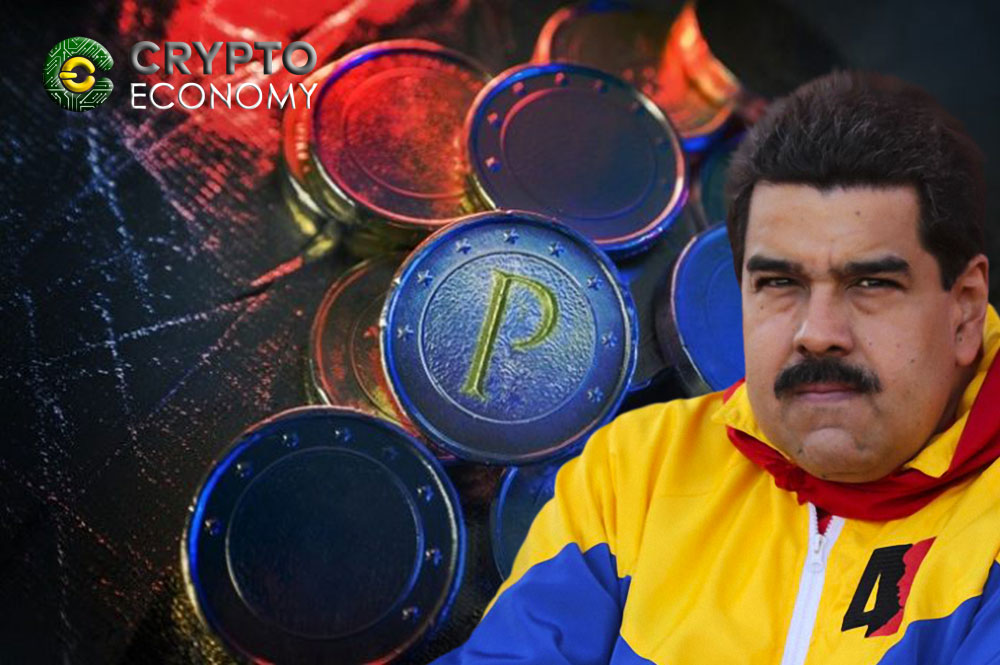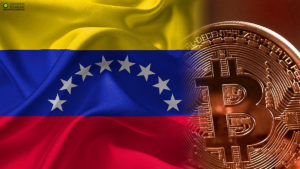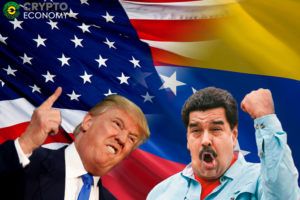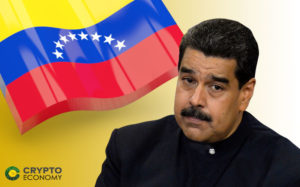The use of cryptocurrencies in Venezuela is identified as a phenomenon growing from quite a long time. However, it wasn’t until 2017, when the blockchain technology caught the attention of local authorities, who decided to act in consequence by creating their own token, the Petro.
Via the local news portal Versionfinal, it was made public that several economist supporters of the polemic Venezuelan president Nicolas Maduro, would be studying the possibility of making a drastic law to regulate cryptocurrencies, as well as to suspend the allocation of foreign currency to help maintain and strengthen exchange control.
It is worth remembering that Venezuela is a country marked by an unsuccessful economy, one that has never been able to achieve stability at all. Adding to this, there are the high corruption indexes that persist among the different governmental bodies, besides the already harsh exchange control, which is managed through auctions at an official rate, which just a few companies have access to. There is no way for the commoner to get into this exclusive market, at least via regular channels.
As a result, it has surged a black market with a parallel dollar rate that changes from day to day and affects directly the national economy, devaluing even more the local currency, the Bolivar. This speculative environment is deemed by local authorities as an “Economic War”, to which the government has had to take alternative measures, such as the creation of the Petro, in order to ease the situation.
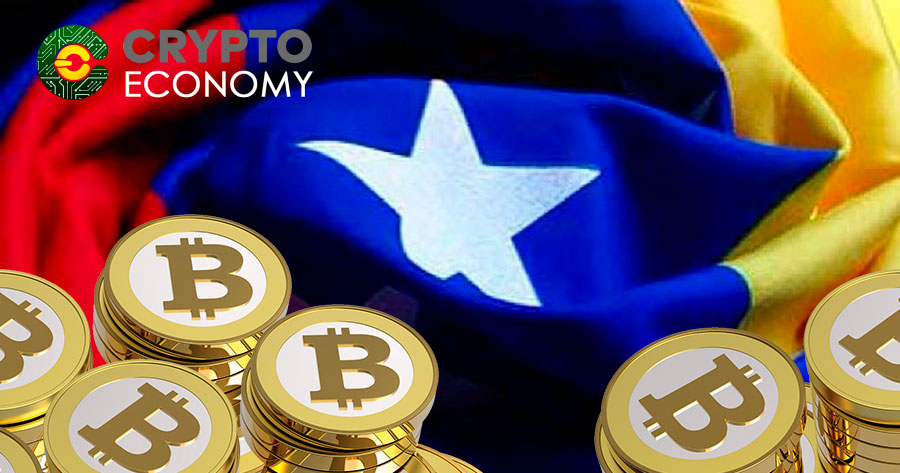
In this regard, constituents – which are State representatives that make up the controversial National Constituent Assembly – have redacted a document where there are 14 “recommendations to address the economic situation and mark a new course in the Venezuelan economy”, which was subscribed by the Movement of Workers of the Central Bank of Venezuela (BCV).
In such document, it is stated the advantages of having the Petro working as a currency for the foreign market, while the Bolivar keeps on as the national currency. Both options require preventing to acquire the cryptocurrency with bolivars so to stop the leakage of currencies, as well as prohibiting the free use of crypto assets in the country, similar to how it was done in Russia and China.
The initial coin offering of the Petro took place on February 2017, but it is not possible to trade them in any crypto-exchange, nor is known how these funds are managed. These are two of the reasons why it is considered by blockchain experts as a “scam” to help in the money laundering.
As of yet, and considering the political, social and economic situation the country is currently undergoing, there are doubts on whether the arrival of the blockchain technology will be positive in any sense at all. Likewise, it is unknown if such proposals are ever going to be considered.


